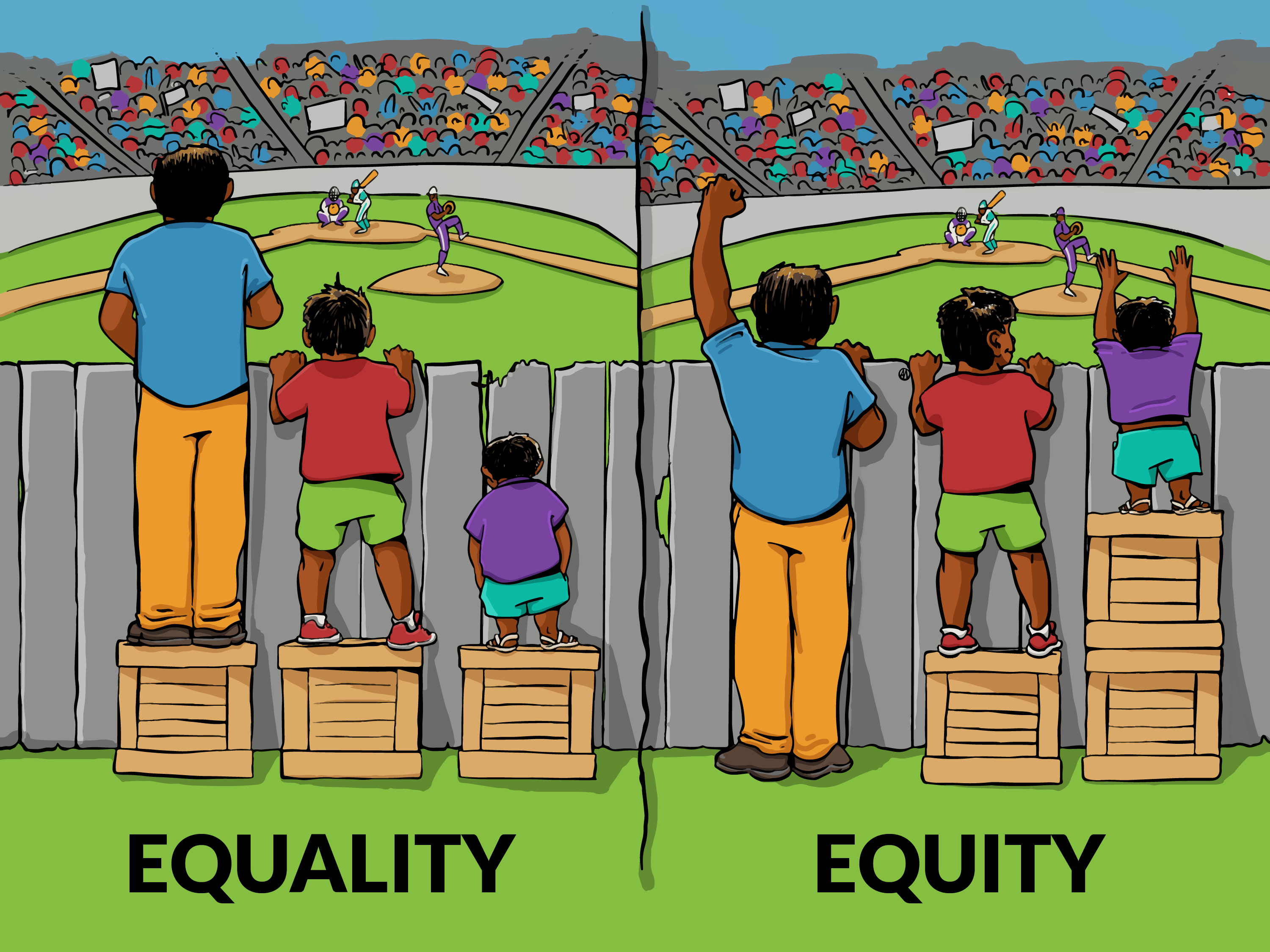From the category archives:
Academia
We’ve been blogging together at Crooked Timber for nineteen years now, pre-Facebook even. Inevitably people move on to new projects in that time or just find less interest in writing in this format. So from time to time the tree surgeon has to visit and do some running repairs on our crooked timber. We’re really happy to welcome some new bloggers to the party with a couple more probably on the way in a few months. Our new additions are Chris Armstrong, Speranta Dumitru, Kevin Munger, Paul Segal and Eric Schliesser and, if all goes according to plan, there will be a couple of further additions in December that will also improve the gender balance of our new cohort. Also a sad farewell to Daniel Davies, Kieran Healy, Scott McLemee, Eric Rauchway, Corey Robin, Astra Taylor, and Rich Yeselson who have contributed so much over the years, particularly to Dan and Kieran who were founding members back in 2003, with Kieran’s tech support having dug us out of more internet holes than I can remember.
A little bit about all of the new bloggers below:
For quite a while now, I’ve been making the argument that, in an information economy, the relationship between investment, production and profit, central to capitalism, no longer works. Here’s an early statement from my Giblin lecture in 2005.
to the extent that innovation and productive growth arise from
activities that are pursued primarily on the basis non-economic motives, the link
between incentives and outcomes is weakened. This in turn undermines the
reationale for policies aimed at sharpening incentives and ensuring that everyone
engaged in the production of goods and services is exposed to the incentives15
generated by a competitive market. Such policies represent the core program of
‘economic rationalism’, the set of ideas that dominated Australian public policy in
the 1980s and 1990s.
I recently reviewed two books by Jonathan Haskel and Stian Westlake. Their 2017 book, Capitalism without Capital presented a relatively optimistic view of a market economy in which “intangible capital” plays a central role. But their followup Restarting the Future: How to Fix the Intangible Economy, is much bleaker
“When we think about the state of the economy today, it is hard not to think, it wasn’t supposed to be like this,”
My assessment was that
The real intangible here is likely to be monopoly power, generated either by intellectual property laws or control over platforms.
My conclusion
Haskel and Westlake discuss traditional spheres of government activity — the defence-related R&D that gave us the internet, for example — but they don’t consider whether governments should become active investors in intangible capital.
The possibilities are full of promise, but also potential pitfalls. Governments could expand the informational role of public media services like the ABC, reversing the cuts of recent decades. They could systematically strive to make information of all kinds available in an easily searchable form, bypassing advertising-driven search engines like Google. And they could provide platforms for social media on a common-carrier basis, requiring easy interconnection and discouraging the use of “algorithms” (a misnomer) to keep people inside a “walled garden.”
It’s easy to point to the problems that would arise if these possibilities were pursued in a world where trust in governments is low. But these are the kinds of arguments that need to be made when the existing economic model is failing so clearly.
Despite the limited scope of the reforms they consider, Haskel and Westlake’s work tackles fundamental questions considered by few other writers. Restarting the Future is essential reading for anyone interested in the future of capitalism, or in the possibility of a post-capitalist future. •
There is something really lovely about the way “bless them/her/him” is sometimes used in the UK (or most of the time even? Also is it a pan-UK thing or predominantly Northern? And what’s the role that social class plays in this type of use?). I am not talking of when people use the phrase to praise or express delight for someone in an unqualified manner, but of when they use it, on the contrary, after having said something ever so slightly nasty about someone – basically, after having gossiped about them. The “bless them” declares the gossip bit concluded, by admitting “well, who knows why they did that, why they are like that, and what they are going through; I could have been them in similar circumstances; actually, I probably am them more often than I think.” Or that’s what I hear in it at least. It is so lovely because it acknowledges imperfection at both ends, and it’s one of the little things that restores a bit your faith in humanity. And since at the moment there aren’t many big things that do that, I think I am going to try and start off series on the little things. This is the first one of them.
PS The comments (thanks) teach me that there are similar expressions in American English – some involving the word “bless,” some not. Maybe that’s a universal feature of the English language, then (or at least it’s not only UK-specific). I am, however, pretty sure that it doesn’t exist in Italian, and that I have never heard of a phrase with quite exactly the same connotation in any other language I understand. That’s why I used to associate it, until now, to a very British way of showing compassion for fellow-humans.
When I am teaching students about inequality in education, I often do this exercise, which concerns inequalities in higher education (obviously, its only really about inequality between the very top echelon and the rest). I call it “The Endowment Exercise”. Please use/modify it if you think it would be helpful in your classes.[1]
The students take out their phones or computers, and work in pairs. Each pair is assigned to one college or university and is asked to calculate the annual yield on endowment for that college or university per undergraduate student. Here is how to do this:
Lookup the size of the endowment (this information is usually on the wikipedia page)
Lookup the number of undergraduate students (also usually on the wikipedia page)
Divide the first number by the second number.
Divide the result by 25. This is because the prevailing wisdom is that, on average, you can spend 4-5% of an endowment/year consistent with the endowment maintaining its value over time. The final figure represents the amount of money per undergraduate student that the university is able to spend in addition to whatever revenues it gets from tuition and state appropriations and other sources.
Then the students report their results. Its very important in the reporting stage to pick less wealthy institutions for early reporting. This makes the students assigned to more wealthy institutions anxious that they have done the math wrong (they haven’t).
Here’s a list of institutions. Yours should include your own institution, some local regional comprehensive universities, some public institutions your students have heard of, and some of the wealthy institutions on the list.
University of Illinois-Chicago
UW-Madison
UW-Milwaukee
UW-Parkside
The Ohio State University
University of Michigan-Ann Arbor
UCLA
UW-Stevens Point
Harvard University
Princeton University
Grinnell College
Amherst College
Stanford University
USC
Just to give a sense of the orders of magnitude here are 4 results:
UW-Madison: $4,800
UW Parkside: $61
Grinnell College: $67,000
Harvard: $509,000
Stanford: $239,000
Of course: not all of this endowment yield is spent on the undergraduates. There’s probably no way of calculating how much is, at least on the basis of publicly available information. But the amounts reveal very considerable disparities in the resources available, in principle, for spending on undergraduate programs (Note, the better endowed institutions do not charge lower tuition than, for example, UW-Parkside).
[1] My dad suggested that it might be a good idea to do this for the Universities of Cambridge and Oxford, and some of their constituent colleges. Somebody presumably has the time and expertise for that.
As I wrote last month, the prospective results for the upcoming elections in Italy look very bleak. A right-of-right (sorry, horrible world play) coalition is set to win almost certainly, and might win two thirds of the seats in Parliament due to the existing, very problematic electoral law – which would give them the numbers to change the constitution. The most moderate, least populist element in the coalition is Silvio Berlusconi’s Forza Italia – the fella who catapulted Italy into political ridicule from 1994 to 2011 (I still remember all those “How can you possibly have that guy as Prime Minister?” when I first moved to New Labour Britain in 2002…those were the days). Enough said. Some of my friends, family members, and Italian colleagues are in a state of constant panic, terror and disbelief. We might have the first female Prime Minister that Italy has ever had…and it’s going to be a fascist.
I am worried, too, of course, but not terrified. Some of that is certainly due to the fact that, bar a 2 year return between 2008 and 2010, I basically left the country 20 years ago. But, actually, I still care a lot. The fact that, living in the UK, I have enough to worry about, might explain my state of mind a bit more, but it’s still not enough. [click to continue…]
Every semester when I teach about education and justice, and even in most semesters when I don’t, some student sends me some version of this cartoon:
I’m usually good humoured about it, but the cartoon drives me a bit nuts. Both pictures depict equality — one depicts equality of a resource (milk crates), the other depicts the equality of an outcome and, frankly from my point of view, not a particularly wonderful outcome — its not as though they’re watching a cricket match or something enjoyable like that. [1]
So: does ‘equity’ mean ‘equality of outcome’? Not according to the people who use the term in relation to education. In fact… well, people use the term to mean a wide variety of different things, sometimes even offering contradictory definitions in the same document. The multiple ambiguity of the term has bothered me for a long time. Meira Levinson, Tatiana Geron and I have written a shortish paper analyzing how the phrase gets used in educational contexts, using the cartoon as a kind of touchstone. We don’t usually promote our journal articles here on CT, but I’m making an exception in this case because the paper is open access, and was written for a very wide audience. It was also, as you can probably tell if you read it, enormous fun to write. Ideally it would be required reading for everyone who looks at the cartoon! The html version is here and the pdf/epub version here. Both are free. Enjoy!
[1] The cartoon actually has a fascinating history, described here.

My friend Maria alerted me to this excellent obituary of Queen Elizabeth II, who died yesterday (as probably everybody reading this blog knows). The introductory section of the obituary ends like this:
“The queen was an abstraction: a role, like any other — and it was the person behind her, Elizabeth Windsor, who expertly played the part.
The world’s papers will be full of obituaries of the queen today.
This is the life of Elizabeth Windsor.” [click to continue…]
I did a part 1 so I owe a part 2. (I’d like to do a series but I don’t think it will all go with this particular title.)
Right. In part 1, I considered whether D’s really believe that the R party is, as Biden suggested in his speech, a standing threat to democracy, due to Trump and MAGA. Douthat (and others) have suggested that D behavior suggests this is a bit of a put-on. D’s don’t seem to be taking the threat seriously. My counter-argument is that if you think there is, like, a 20% threat to democracy from the R’s, that’s hard to deal with coherently. Partly you want to set your hair on fire and run around screaming ‘danger!’, partly you want to just keep calm and carry on. But those responses are cognitively dissonant, which makes you look insincere – probably about the hair-on-fire part. But that’s actually not right. The dissonance fits the uncertain facts.
So let’s turn to the R’s. Do the R’s really believe that Trump and Trumpism is NOT a threat to democracy AND/OR that D’s are actually the real threat to democracy due to ‘Russia Russia Russia hoax’ perpetrating, election-stealing Dark Brandon and his illegal, student-debt-cancelling ways, plus his nefarious son Hunter? [click to continue…]
Since it is near the beginning of our term, and I am, again, teaching first year students (which I do only once every three years), I thought I would repost this as a public service…
A couple of years ago the Midwest conference of the Junior State of America asked me to be their keynote speaker. I still have no idea at all why they invited me: it seemed and still seems rather unlikely. I stupidly agreed, and then agonized about what to talk about. The organizers suggested talking about how I got to where I am, but, although there are parts of how I got to where I am that are quite interesting, where I am is not interesting at all. Then, mercifully, the Thursday before the talk two of my students brought one of their friends to meet me in my office. (You can tell how exciting their lives must be!) And they told me to tell her my tips for how to get the most out of college. I was put on the spot and tried, desperately, to remember what my tips are. Fortunately, I did remember. And then I thought, oh, actually, I could talk on Saturday about how to get the most out of college. It’s something I know something about, and that would actually be useful to audience!
Since it is the time of year that some of our readers in the northern hemisphere are getting ready to welcome students to college (I am teaching a small first-year class, which I only do once every three years), and other readers are getting ready to send their kids off to college and, conceivably, one or two readers are getting ready to go off to college themselves, I thought I’d excerpt the part of the talk where I actually give the advice. About 2/3rds of the talk was about what the point of going to college is and I’ll skip most of that, but just say that the point that I gave them was to learn knowledge, skills, attitudes and dispositions that will enable them to make a better contribution to the good of all of us; and to enjoy that learning itself. I know going to college has other purposes, but these are the ones that get neglected by the college recruiters, and school counsellors, and movies, that shape their ambitions about college.
Here goes with the concrete advice:
[click to continue…]






